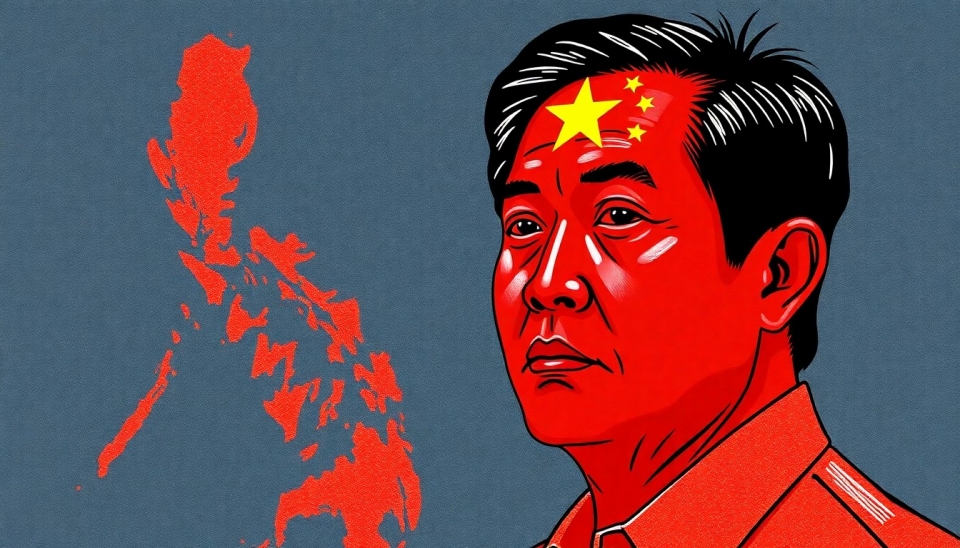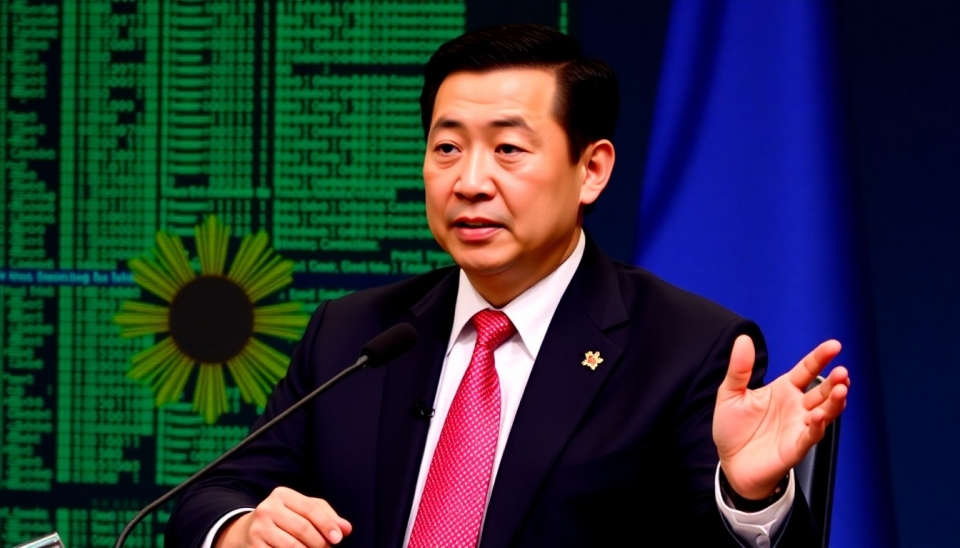
The Philippine government has initiated a far-reaching investigation into a suspected network of hundreds of Chinese individuals allegedly engaged in espionage activities within the country. This revelation has raised concerns regarding national security and foreign influence, prompting the government to scrutinize the activities of these suspected operatives.
The probe follows a string of reports and intelligence assessments indicating that these alleged spies may be interconnected, potentially forming a coordinated effort to gather sensitive information that could jeopardize the Philippines' sovereignty. Authorities have suggested that this operation might have been facilitated by widespread ethnic Chinese communities across the nation, providing these individuals with cover to execute their espionage activities seamlessly.
As part of the investigation, Philippine officials are collaborating with international intelligence agencies, aiming to identify and apprehend key members of this alleged network. The Philippine National Police (PNP), alongside military intelligence units, is focusing on uncovering the methods and resources employed by these spies to infiltrate various sectors of the government and private industries.
The implications of this espionage case are particularly significant given the historical context of strained relations between the Philippines and China. Recent tensions over territorial disputes in the South China Sea have exacerbated fears about the extent to which foreign actors might be involved in undermining the country's integrity and security. Public sentiment reflects a growing wariness towards Chinese investments and influence, particularly in areas deemed sensitive or strategic.
This investigation underscores the government's commitment to safeguarding national interests and ensuring a thorough review of how foreign entities operate within its borders. Analysts suggest that not only will this inquiry target those directly involved in espionage but also scrutinize the broader patterns of foreign intervention in domestic affairs. Such vigilance is imperative, considering the Philippines' geopolitical position within Southeast Asia and its alliances with Western powers like the United States.
The probe is expected to take time, as authorities piece together evidence and gather testimonies from various sources. Officials have urged the public to remain vigilant and report any suspicious activities that could be linked to surveillance or espionage. The government is preparing for the potential fallout from this investigation, which could lead to heightened diplomatic tensions with China, especially if substantial evidence of espionage is uncovered.
With national security at stake, the Philippines is poised to navigate a complex landscape of geopolitical relations. The outcome of this investigation could have lasting ramifications not just for bilateral relations with China but also for the Philippines' standing within the international community as a country committed to defending its sovereignty against foreign interference.
As the situation develops, it will be crucial for both local and international observers to stay informed about the findings of the investigation and the government's response to any potential threats posed by espionage activities.
#Philippines #Espionage #China #NationalSecurity #Intelligence #Sovereignty #Geopolitics #SpyNetwork
Author: Emily Collins




